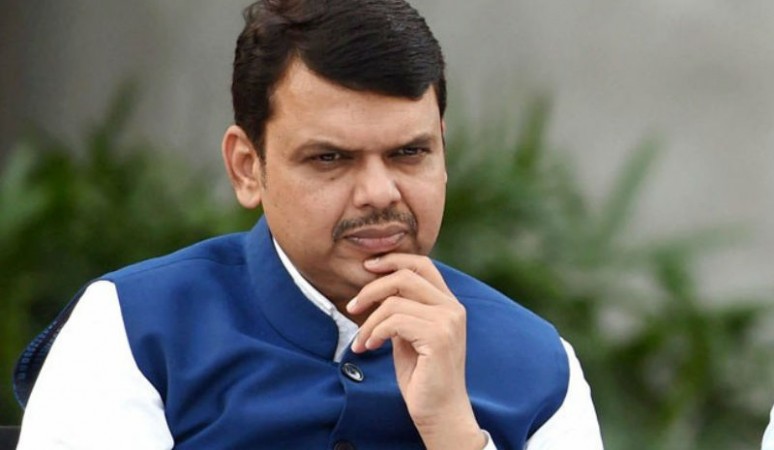
MAHARASHTRA: Maharashtra, known for its thriving industrial and agricultural sectors, faces significant challenges with irrigation despite its diverse crop cultivation. The state grows various crops such as sugarcane, cotton, bananas, sorghum, millet, pomegranates, oranges, soybeans, rice, and more. Yet, inadequate irrigation facilities continue to hinder agricultural productivity.
Regions like Dhule, Nandurbar, Jat, Kavthe Mahankal, Atpadi, Solapur, Man, Khatav, Dharashiv, Latur, and West Vidarbha suffer from chronic water shortages. These areas often experience migration and farmer suicides due to the lack of sufficient irrigation. Addressing these water issues is crucial for improving farmers' livelihoods and income.
Despite having multiple rivers, Maharashtra struggles with severe water scarcity. For instance, although the Godavari River originates in Nashik, it fails to provide adequate water to Nashik, Jalgaon, and Dhule districts, leaving farmers in these areas struggling. Additionally, ineffective management of western channel rivers like Damanganga and Nar has led to substantial water flow into Gujarat.
The Par-Tapi-Narmada river linking project was approved in 1980 to address water problems in North Maharashtra. However, the project stalled due to a lack of governmental commitment, allowing Gujarat to benefit from Maharashtra's water resources while many regions in Nashik and Jalgaon remained dry.
Former Chief Minister Devendra Fadnavis has been actively working to resolve this issue. In 2019, he rejected Gujarat's assistance for the river linking project, insisting that Maharashtra would complete it independently. Progress slowed with the shift to a coalition government, but in 2022, the Shiv Sena-BJP coalition government reinvigorated the project, allocating ₹7,015 crores for the Nar-Par-Girna river linking initiative. This project aims to channel excess water from the Nar and Par rivers into the Girna river valley, potentially irrigating about 50,000 hectares in Nashik and Jalgaon districts.
More irrigation projects are planned for West Vidarbha and Marathwada, regions that also face water shortages. The Jalyukta Shivar Yojana, initiated by Fadnavis, has shown positive results, and the "Marathwada Water Grid" project is designed to divert water from Western Channel rivers to Marathwada.
The Nalganga-Wainganga interlinking project, estimated at ₹80,000 crores, aims to transfer water from East Vidarbha rivers to West Vidarbha, benefiting six districts and irrigating 3.71 lakh hectares.
If these projects are completed on time with sustained government support, Maharashtra could see significant improvements in its agricultural sector. The state's focus on sustainable irrigation practices aims to enhance agricultural productivity and ensure long-term water security for its farmers.
The Jalyukta Shivar Yojana has been particularly successful in creating decentralized water sources, such as check dams and percolation tanks, which have significantly improved groundwater levels and benefited thousands of farmers.
These ongoing projects hold promise for transforming Maharashtra's agriculture sector by providing essential irrigation facilities to previously parched lands. Additionally, initiatives like the Marathwada Water Grid Project address regional disparities in water availability, ensuring fair distribution and reducing migration among distressed farming communities.
The impact of these projects extends beyond improved crop yields, playing a crucial role in uplifting communities dependent on agriculture. With better irrigation, farmers can diversify crops, adopt modern techniques, and increase their incomes, thereby enhancing their overall quality of life.
Maharashtra's journey toward sustainable irrigation reflects both challenges and successes, showcasing the state's dedication to ensuring a prosperous future for its farming communities.